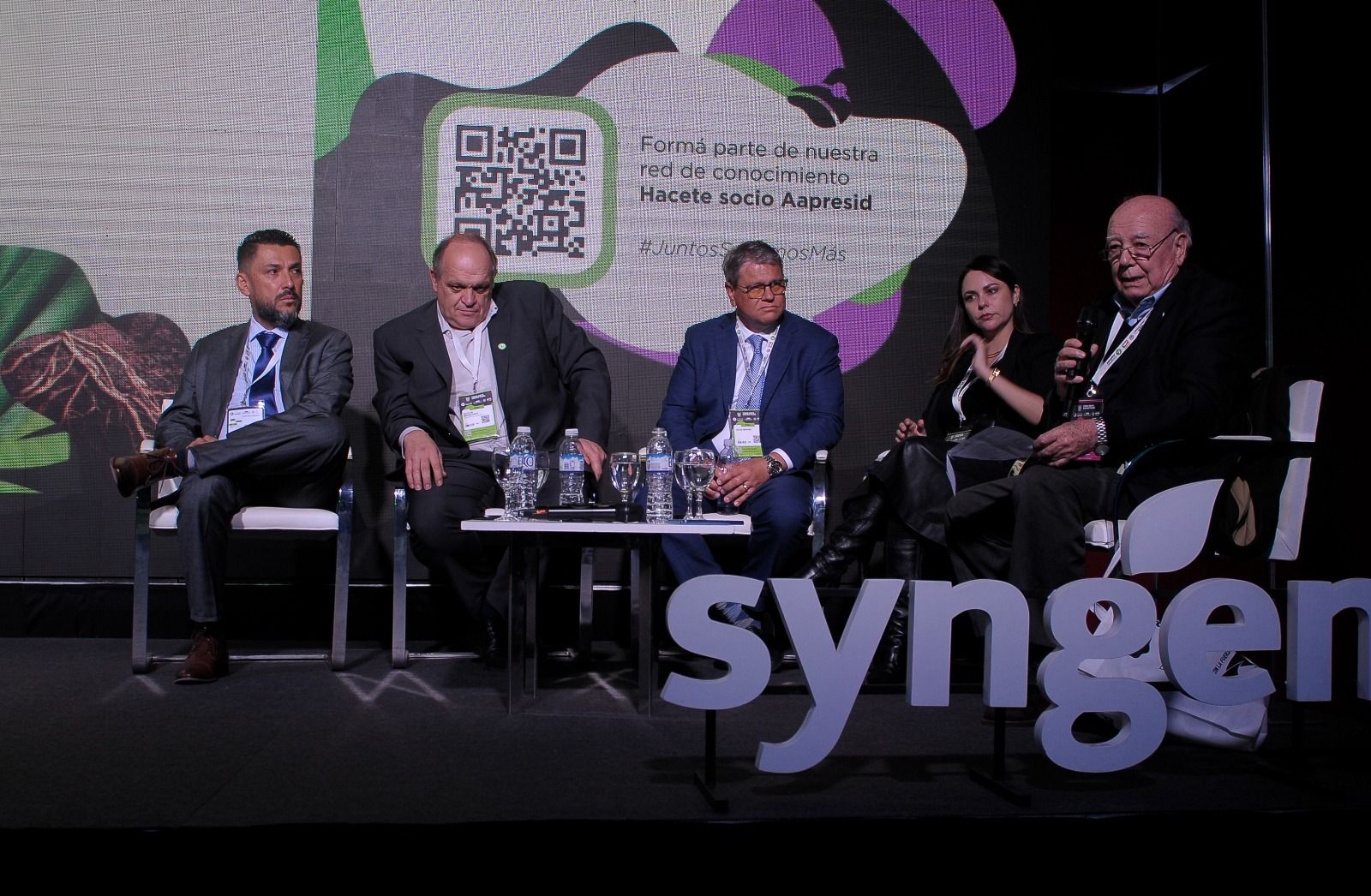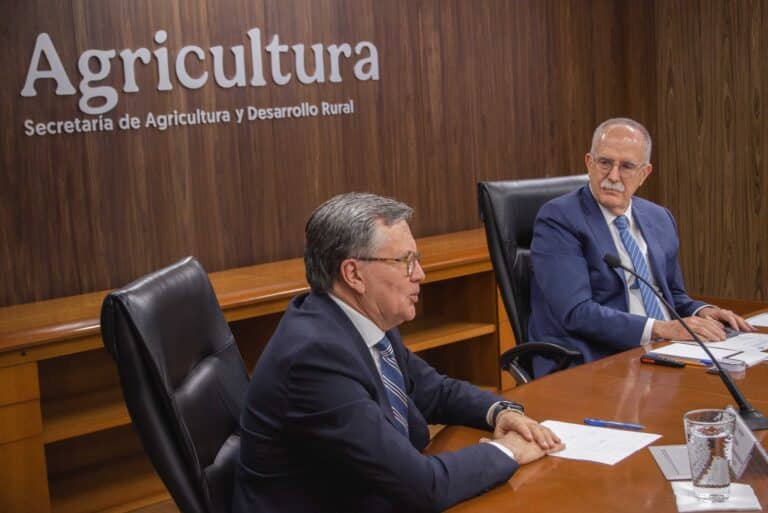The activity was organized by AAPRESID a network of farmers that has been connecting innovation, technology and knowledge for more than three decades and the Inter-American Institute for Cooperation on Agriculture (IICA).

Buenos Aires, 12 August 2024 (IICA). The bioeconomy is a work in progress in Latin America and the Caribbean. While some progress has been made, there is still a long way to go. This was the consensus reached by a panel of experts during the Congress of the Argentine No-Till Farmers Association (AAPRESID), which took place in Buenos Aires.
The activity was organized by AAPRESID -a network of farmers that has been connecting innovation, technology and knowledge for more than three decades- and the Inter-American Institute for Cooperation on Agriculture (IICA). It was one of the activities held during the special section of the Congress dedicated to the future outlook and opportunities for producers offered by the agrifood systems of the Americas.
Under IICA’s strategic partnership with AAPRESID, the Congress brought together leading national and international experts to discuss and highlight for inclusion on the agricultural agenda the issues of the future, which link science and production with a focus on the transformation of agriculture, innovation scenarios, and climate change adaptation and mitigation.
Regional visions
The panel “Sustainability and value added: a strategic commitment for agriculture in the Americas,” presented different regions’ visions of what the bioeconomy represents for their agriculture and agrifood systems, the progress that has been made, and the challenges that lie ahead.
Hugo Chavarría, Manager of IICA’s Innovation and Bioeconomy Program, gave an overview of the current situation and outlook for the bioeconomy in the Americas. That was followed by presentations on what has already been achieved in Argentina, Brazil and the United States. The other participants were Nicolas Bronzovich, from Argentina’s Secretariat of Agriculture, Livestock and Fisheries; Doug Berven, Vice President of Corporate Affairs at POET, a South Dakota-based company that is the world’s largest producer of biofuels and a global leader in sustainable bioproducts; and Talita Priscila Pinto, Director of Bioeconomy at the Getulio Vargas Foundation in Brazil.
The moderator was Marcelo Regúnaga, Coordinator of the Group of Southern Cone Producer Countries (GPS) and former Secretary of Agriculture of Argentina, who emphasized that agriculture is the only productive sector that has the capacity to capture carbon and therefore contributes to climate change mitigation.
“We are a solution to the environmental crisis and the value of that contribution must be recognized. We have to add more value to our traditional production, to help with the energy transition and build the economic, social and environmental sustainability that our societies need,” he remarked.
“Agriculture is no longer required only to be more productive, as has always been the case, but also to meet other environmental and social objectives,” Chavarría pointed out.
The IICA specialist said that Latin America and the Caribbean has comparative advantages that are underutilized in the development of the bioeconomy. “Fifty percent of the world’s known biodiversity is in our region, which accounts for only fifteen percent of the world’s territory. We are the world’s biggest producers and exporters of biomass. We are leading players in the international markets for cereals, oilseeds and meat, but the problem is that we mainly export our primary production with little value added,” he acknowledged.
Chavarría also referred to the waste produced in the region’s production systems: “A high percentage of what we produce today is considered residue or waste under the current model.”
The IICA specialist recognized that the bioeconomy in the region is a jigsaw with only some of the pieces in place: “We already have some key pieces, but others are a work in progress. At least five or six countries have national strategies and more than eighteen have legal and regulatory frameworks for the main pathways of the bioeconomy. Production is already being developed on the ground, for example our biofuels already account for thirty-one percent of global ethanol production and nineteen percent of biodiesel and bioinputs.”
He highlighted investment and financing, specific regulations, capacity building, and the promotion of markets for biological products as areas in which major challenges remain.
Chavarría also referred to the nuances in the region: “We have different bioeconomies in the countries, they vary according to the characteristics and resources of each one, but the challenges and opportunities are the same, despite the differences. That is why IICA focuses on collective actions, since the challenges are big and it is essential to work with partners and with synergies.”
More information:
Institutional Communication Division.
comunicacion.institucional@iica.int











